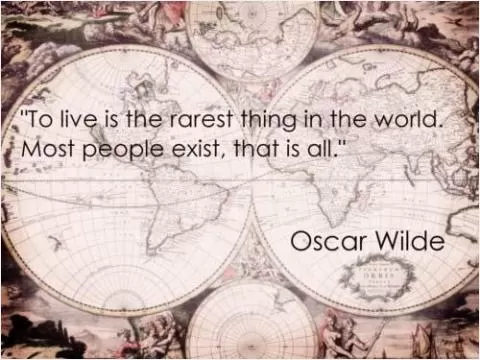Intellectual generalities are always interesting, but generalities in morals mean absolutely nothing

Intellectual generalities are always interesting, but generalities in morals mean absolutely nothing
Oscar Wilde, the renowned Irish playwright, poet, and author, was known for his wit, humor, and keen observations on society. He often delved into the complexities of human nature and morality in his works, challenging conventional beliefs and societal norms. One of his famous quotes, "Intellectual generalities are always interesting, but generalities in morals mean absolutely nothing," encapsulates his belief in the importance of individuality and critical thinking when it comes to moral values.Wilde was a firm believer in the idea that one should not adhere blindly to societal norms or moral codes without questioning their validity. He believed that true morality should come from within, based on one's own conscience and sense of right and wrong. In his works, such as "The Picture of Dorian Gray" and "The Importance of Being Earnest," Wilde often explored the consequences of living a life dictated by societal expectations rather than personal values.
Wilde's disdain for moral generalities can be seen in his criticism of Victorian society, which he believed was hypocritical and repressive. He believed that people should not be judged based on superficial appearances or societal conventions, but rather on their actions and intentions. In "The Picture of Dorian Gray," Wilde explores the destructive nature of living a life solely focused on external beauty and societal approval, without regard for the consequences of one's actions.
Wilde's own life was a testament to his belief in individuality and authenticity. He famously lived his life on his own terms, openly defying societal expectations and embracing his own unique identity. Despite facing criticism and persecution for his unconventional lifestyle, Wilde remained true to himself and his beliefs until the end.












 Friendship Quotes
Friendship Quotes Love Quotes
Love Quotes Life Quotes
Life Quotes Funny Quotes
Funny Quotes Motivational Quotes
Motivational Quotes Inspirational Quotes
Inspirational Quotes